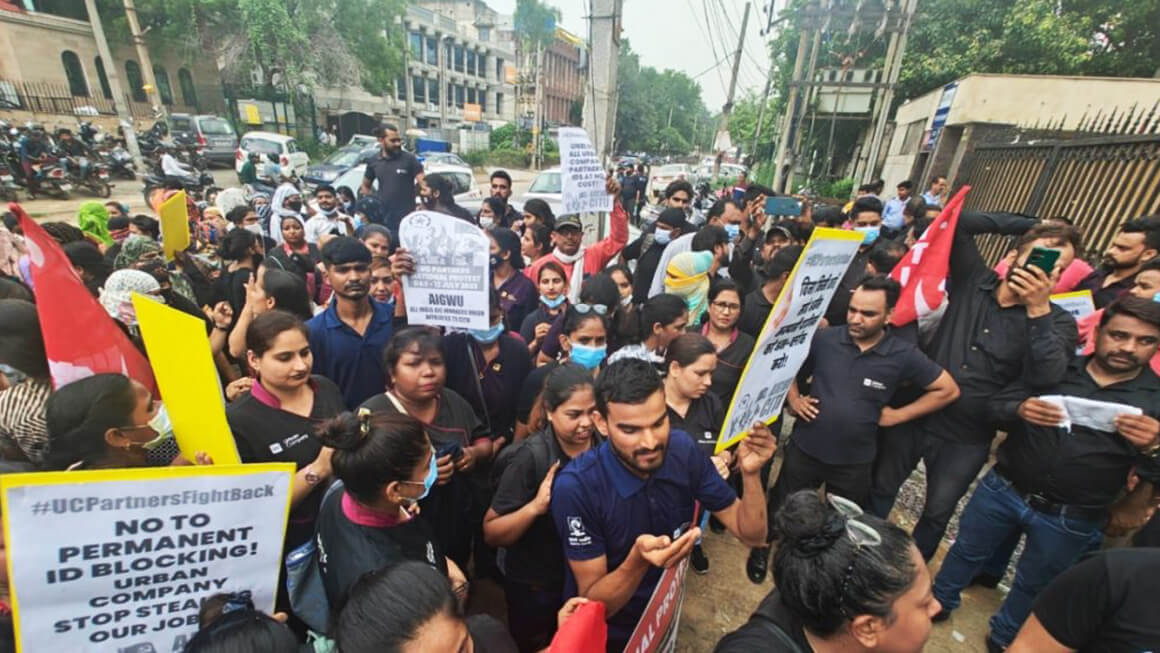
The Digitalisation Onslaught: Precarity and Exclusion
The dominant discourse is that ‘digital’ provides for greater efficiencies, opportunities and ‘democratisation’. However, the period of increasing digitisation... Read more.
Anurag Mehra teaches engineering and policy at IIT Bombay. His policy focus is the interface between technology, culture and politics.
View all posts